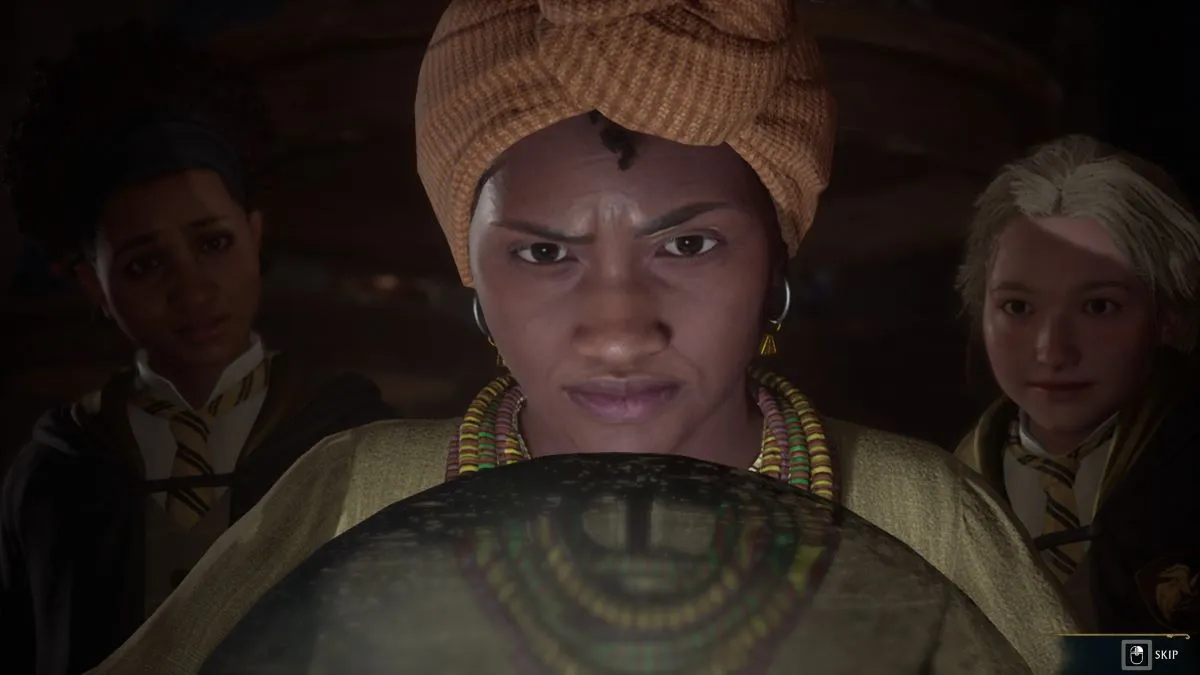Listen, I get it. I really do.
The people good at football, at basketball, at really any other sport — those were the people who were popular in high school. They generally didn’t eat lunch at the same table as us. They didn’t join in the conversations we were having about how to unlock the Master Board in SSX Tricky, and would make fun of us if they overheard them. It makes sense that kids who grew up with video games might not be the biggest sports fans in the world.
And even if you were fortunate enough not to be bullied, made fun of, or teased by jocks when you were a kid, sports aren’t for everyone. Again, I get it.
But at the end of the day, you don’t have to be a sports fan to appreciate how sophisticated sports video games have become. Each major sports gaming franchise features insanely deep levels of customization, strategy, and polish. Which is why as a gamer, a sports fan, and a lover of sports games, I urge you to resist making these common, wrongheaded arguments about sports games. Honestly, just don’t listen or engage. You’ll only be helping fracture the gaming community, and you’ll also sound incredibly ignorant at the same time.
“Why Pay $60 For A Roster Update Every Year?”
This is perhaps the most common argument levied against sports video games — the argument that each yearly installment is pretty much the previous year’s installment with a fresh coat of paint.
The reason this argument gets made so often, in my opinion, is that in terms of gameplay mechanics, sports games really can’t change that much on a basic level since the rules have already been written. So on the surface, yes, Madden 13 will visually look a lot like Madden 16. But that doesn’t mean nothing has changed. In the case of the Madden games, in the past few years EA Sports has developed a complex physics engine that allows for more realistic tackling, keyed in on the defensive aspect of the game to rebuild it from the ground up, retooled the way receivers can catch passes, and much more.
Each of these changes fundamentally alters the way the game is played. Sure, Madden 13 and Madden 16 might look alike, but they play completely differently. For fans of the sport, each year offers a more realistic simulation through visual changes, yes, but also through massive gameplay tweaks.
I mean, when Madden 17 comes out later this year, it will come complete with an advanced ball physics engine that promises to (once again) change the way the game is played. Sure, your goal will remain the same, but the way you’ll go about it will have to change, as the ball won’t just snap to receivers anymore. It’ll be as bouncy and lively as the breasts in a Dead or Alive game, or the football in a normal NFL game. That will necessitate deep changes in strategy both on offense and defense, since the ball could pop out at any time. (Well, assuming Tom Brady hasn’t had his buddies deflate it.) Maybe they’ll add that in Madden 18.
Oh, and if that weren’t enough, they’re re-building defensive AI from the ground up. No biggie.
Sure, I’ve been talking about Madden, but similar things happen every year in each sports title. Calling entries in sports games “roster updates” doesn’t do justice to the changes that are made to these games every year, and frankly, insults the developers that spend countless hours making these big changes.
“It’s Just A Mindless Sports Game!”
This is an argument made by people who have likely never watched sports in their life, since the argument implies that sports themselves are mindless — and that’s just patently not true. Most, if not all sports (and therefore sports games) require insane amounts of strategy, planning, and micromanaging if a player or coach is to succeed. Team sports are especially reliant on strategy, and that’s why all the major sports video game franchises offer deep career and franchise modes for players that want to be able to truly delve deeply into these strategies.
Soccer, football, basketball, baseball, boxing… almost every major sport requires more planning and strategy than a Fire Emblem game, so why don’t we treat sports video games with the same respect? I mean, if you really think about it, NBA 2K16 is a team-based strategy game with 5 classes, each working to deliver a payload to a target. Based on the personnel a coach decides to use — whether they choose to send out smaller, quicker characters that can deliver damage from a distance, choose to favor height and size, or go with a more traditional approach that splits the difference — a wide variety of strategies and plays can be employed.
And hey, just like in Overwatch, if a strategy isn’t working, simply sub in another player and try something different. By the end of the match, the team who has bested the other in terms not just of skill, but of strategy, will always come out on top.
Watching sports can often be a mindless activity, and this is coming from a fan. It’s great to lie down on the couch with a beer and half-pay attention to a baseball game you don’t really care that much about. That doesn’t mean that playing sports games is similarly mindless. Anybody who grew up with siblings that loved sports games can tell you that throwing Hail Marys on every play, taking shots 150 feet from the goal, or jacking up three pointers on every possession — it just won’t work. Unless you’re playing as the Golden State Warriors. But I digress.
Getting good at these games requires knowledge. You really do have to learn the sport to learn the game, and sports are complicated! There are countless companies that have skyrocketed to success by simply explaining the ins and outs of sports to people who aren’t experts. That’s what analysis is. If these games weren’t complex, how do you explain that?
So, please, respect sports games for what they are, even if they’re not for you. We all know that the gaming community has become fractured and broken. The only way to fix it is to drop some of the elitism that we have unfortunately become known for in the past few years and treat fellow gamers with respect no matter what they play — whether it’s Flappy Bird, FIFA 16, Forza 6, or Far Cry 4. But that’s another article for another day.
That said, if I haven’t done my job yet, if you’re still hell-bent on treating sports video games with disdain, at least allow me to offer a legitimate argument for you so that you don’t sound ignorant to your friends when you blast them for buying NHL 17.
“Sports Video Games Benefit Corrupt Organizations That Actively Collude To Keep Money Out Of The Hands Of Their Star Players And Use Taxpayer Dollars To Pay For Arenas That Historically Have Not Benefited Their Cities At All.”
Yeah, to be honest, I’ve got nothing to refute that one. But sports games aren’t really to blame for the corrupted institution, are they?
What are your thoughts on sports games? Love them? Hate them? Hate them with the burning passion of ten thousand suns? Let us know in the comments, or on Twitter @GameSkinny! Trust us, we can take it — it’ll take more than a tweet or comment to deflate our balls here.









Published: Jun 4, 2016 02:56 pm